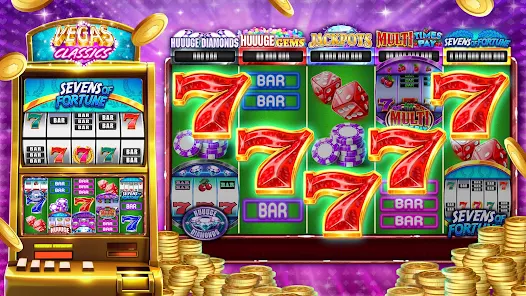

Click spin on a slot game and the reels start to roll. Cards flip, dice tumble. On the surface it looks simple, but the real action happens in the background. A piece of code, the random number generator or RNG, decides the result before the animation even finishes. Players rarely think about it, but this invisible process controls everything. And that raises the question: can it really be trusted?
How it actually works
An RNG does not sit still. It produces number after number, thousands each second. When you press play, the program locks on one, and that number connects to an outcome. Maybe the slot shows three lemons, maybe nothing lines up at all. The idea is to keep every result unpredictable, like a dice roll or a shuffled deck. But unlike dice, you cannot see the motion. It is just math behind a screen, which makes some people uneasy.
Why doubt exists
If you are on a losing streak, suspicion creeps in. Maybe you are spinning casino slots and nothing seems to land. What if the operator tweaks the system to pay out less? What if the randomness is not so random? It is a fair worry. Losing to chance feels one way. Losing to a rigged system feels very different. Platforms such as betway work hard to counter that doubt by using independent audits and certifications, but since players cannot watch the shuffle or spin in real time, they rely on trust. And trust is fragile.
What keeps it fair
Serious operators know this, and they bring in outside help. Independent labs such as GLI, iTech Labs, and eCOGRA test the software. They run endless simulations, checking that outcomes stay random and match the payout percentages. These tests are not one and done. They are repeated, sometimes monthly, sometimes more. Many casinos share certificates or reports, letting players see proof that the system passed inspection. It is not the same as watching a croupier shuffle in front of you, but it is something.
A push for more openness
Some developers want to go further. Blockchain based RNGs record results on a public ledger, so players can verify them without needing to trust anyone. It is still niche, but it shows where things might head. Even without blockchain, more sites now publish details about their testing partners. The message is clear: transparency is not just for regulators, it is for players too.
Why this matters
At the end of the day, gambling is about risk. People do not mind risk if it feels genuine. RNGs are supposed to guarantee that. No hidden tricks, no rigging, just chance. For casinos, showing fairness is as valuable as offering a big bonus or a flashy game. If players think the system is straight, they will stick around, win or lose.
The doubts will never fully disappear. Code is invisible, and anything invisible invites questions. But audits, certifications, and new tech are giving players more reasons to believe. Trust does not come from a slogan on a website. It comes from proof you can see.